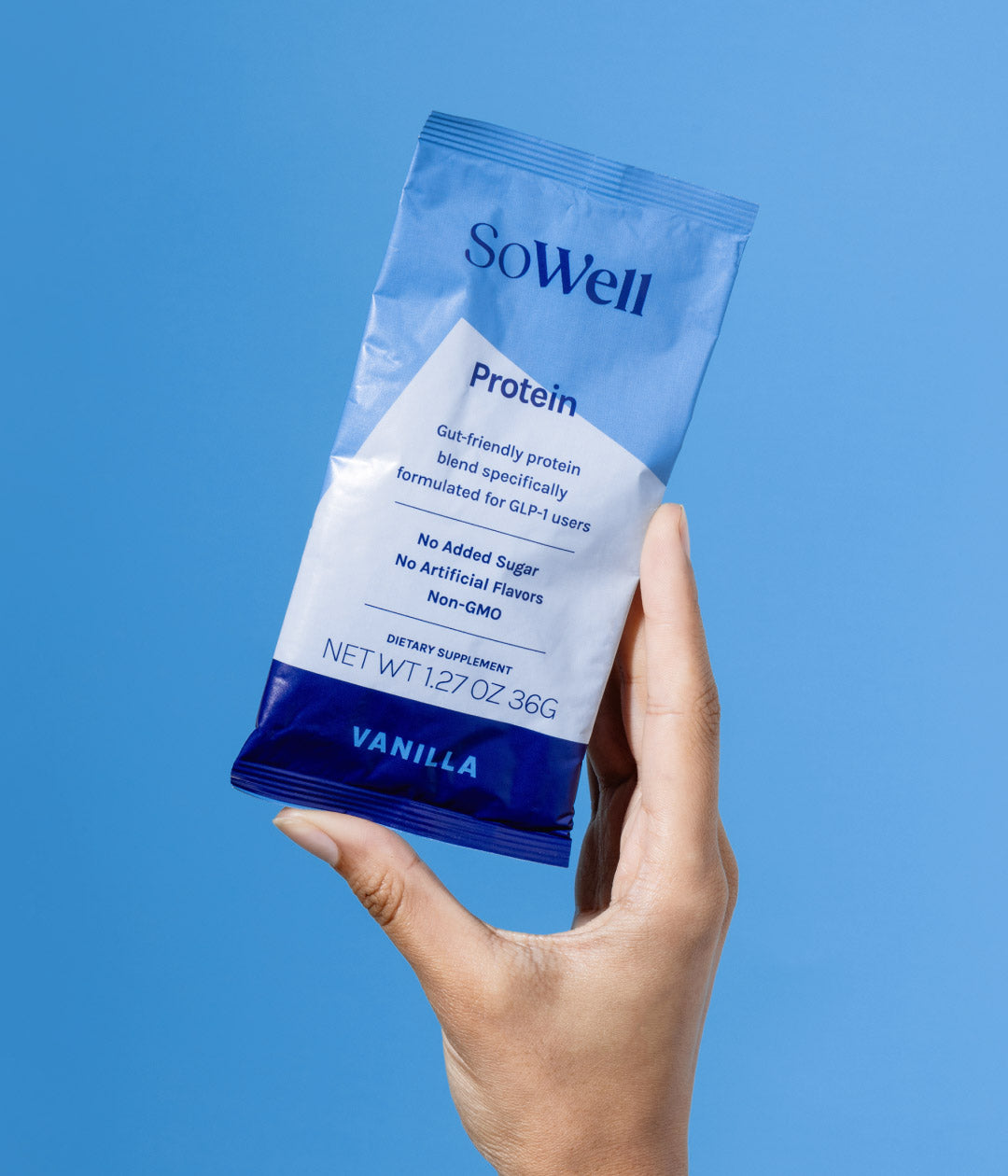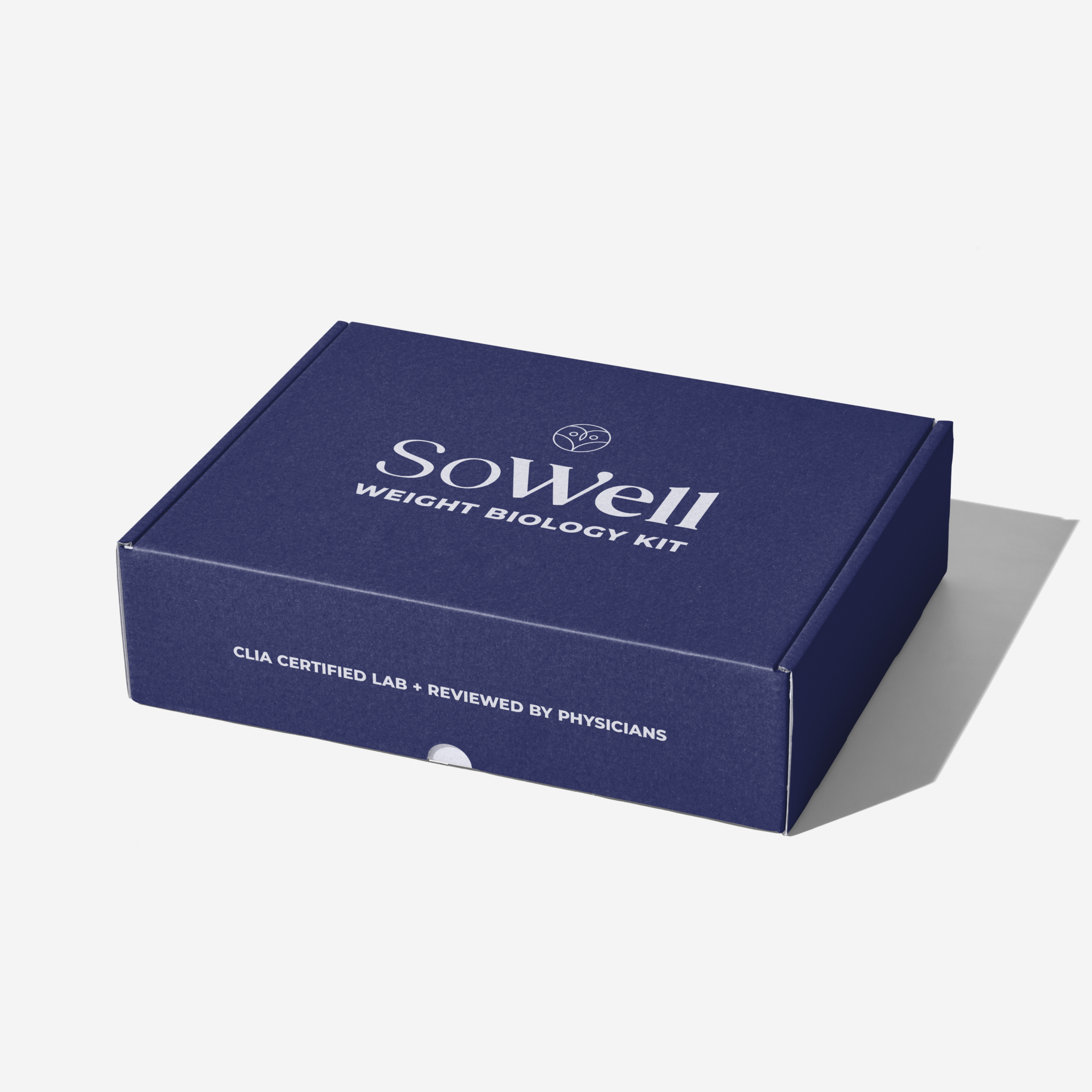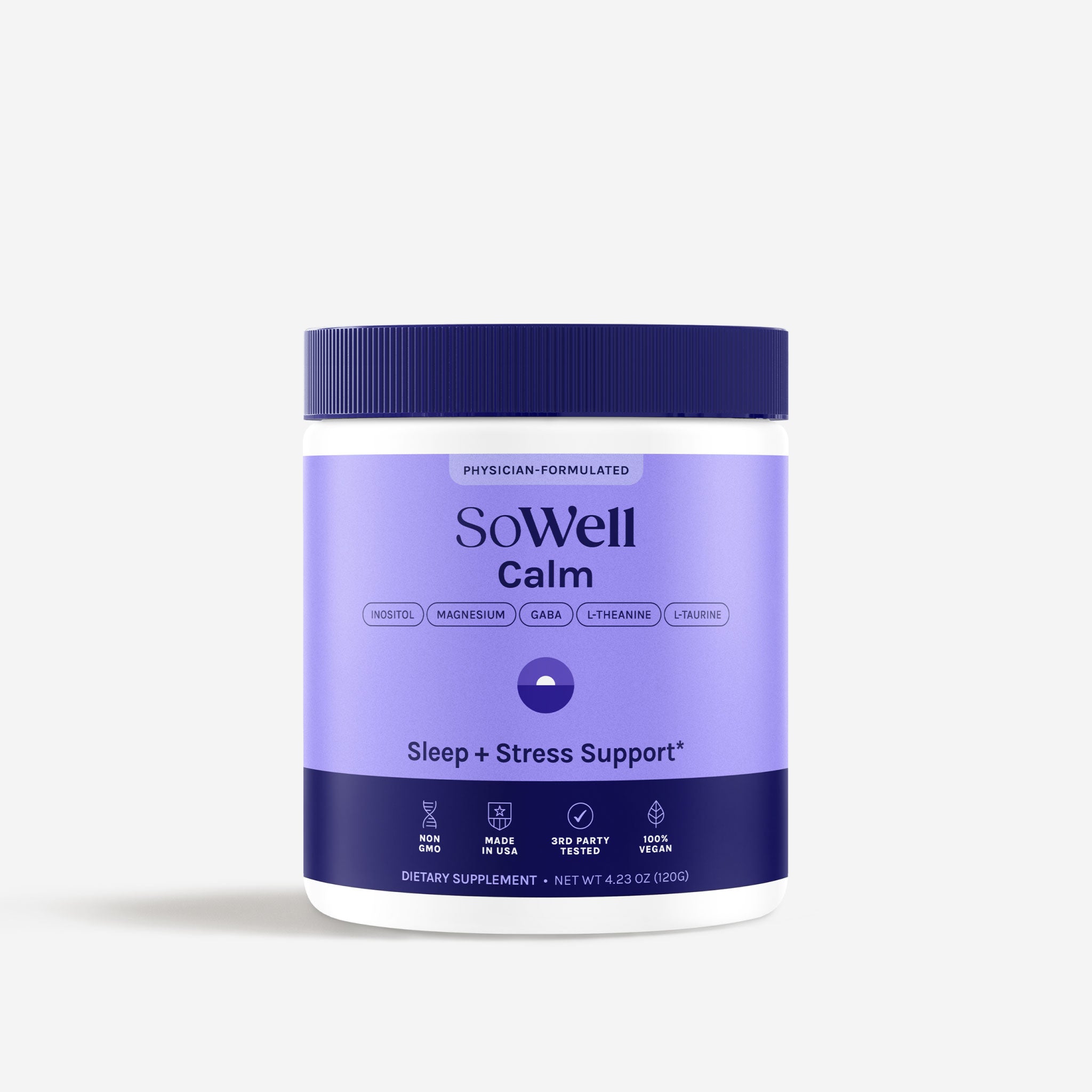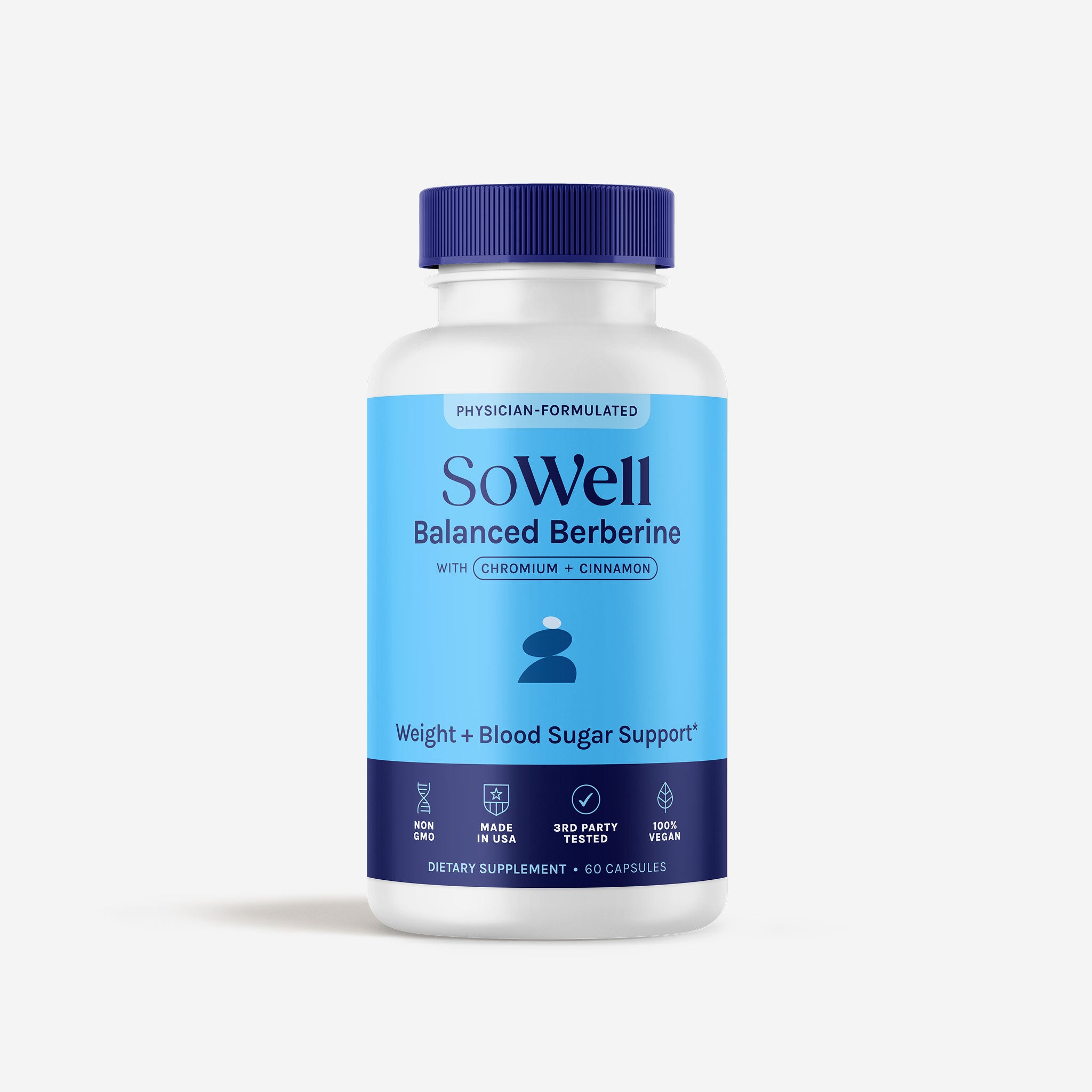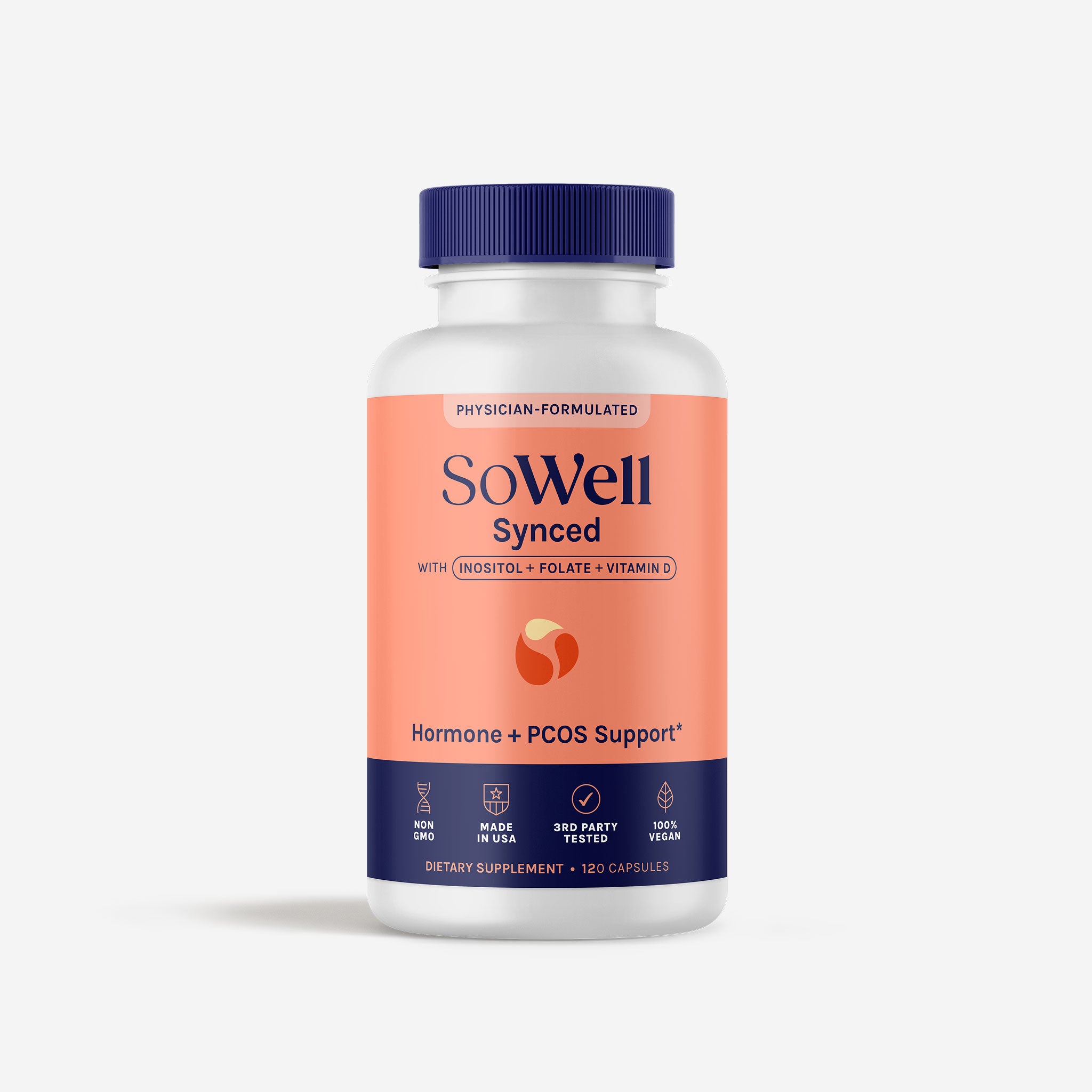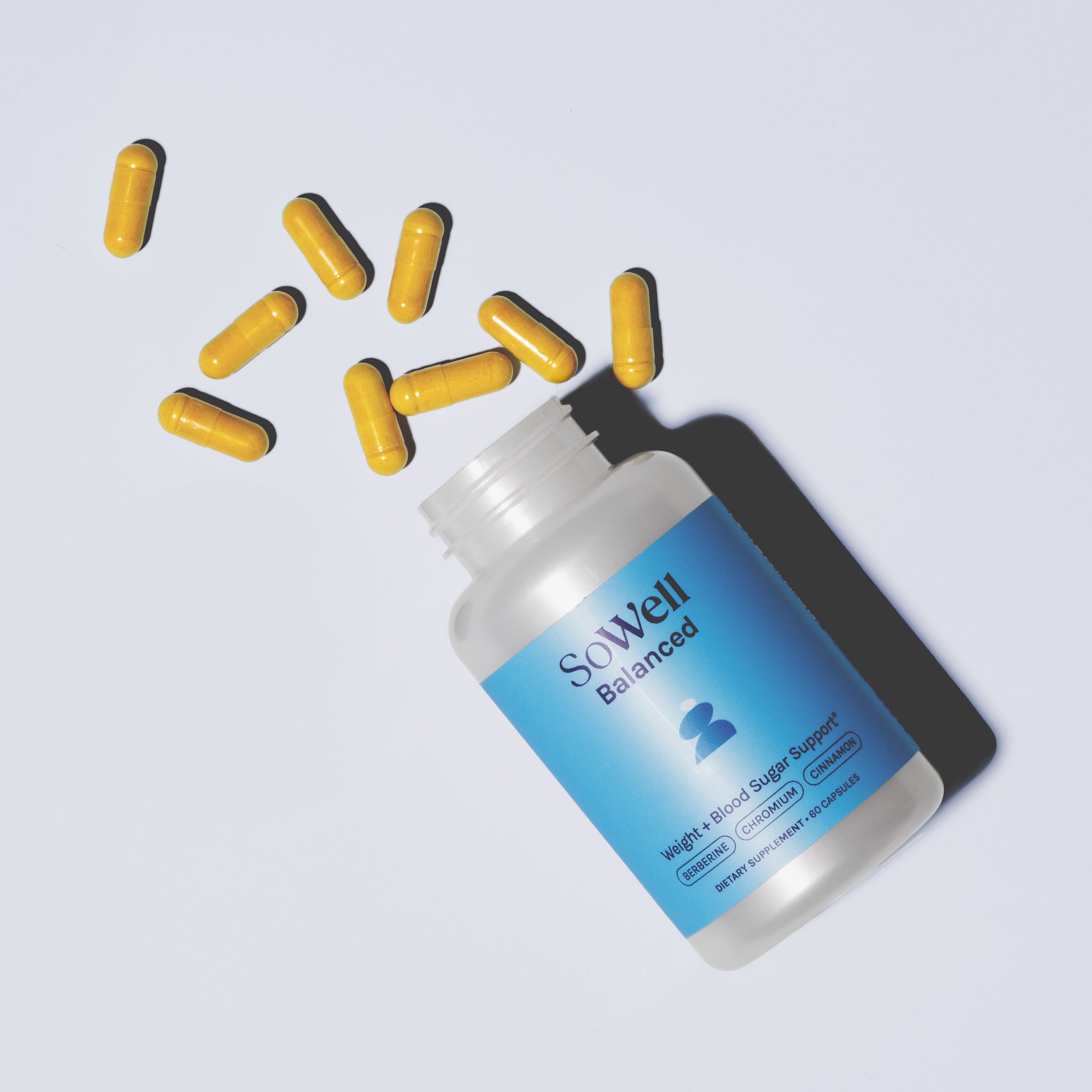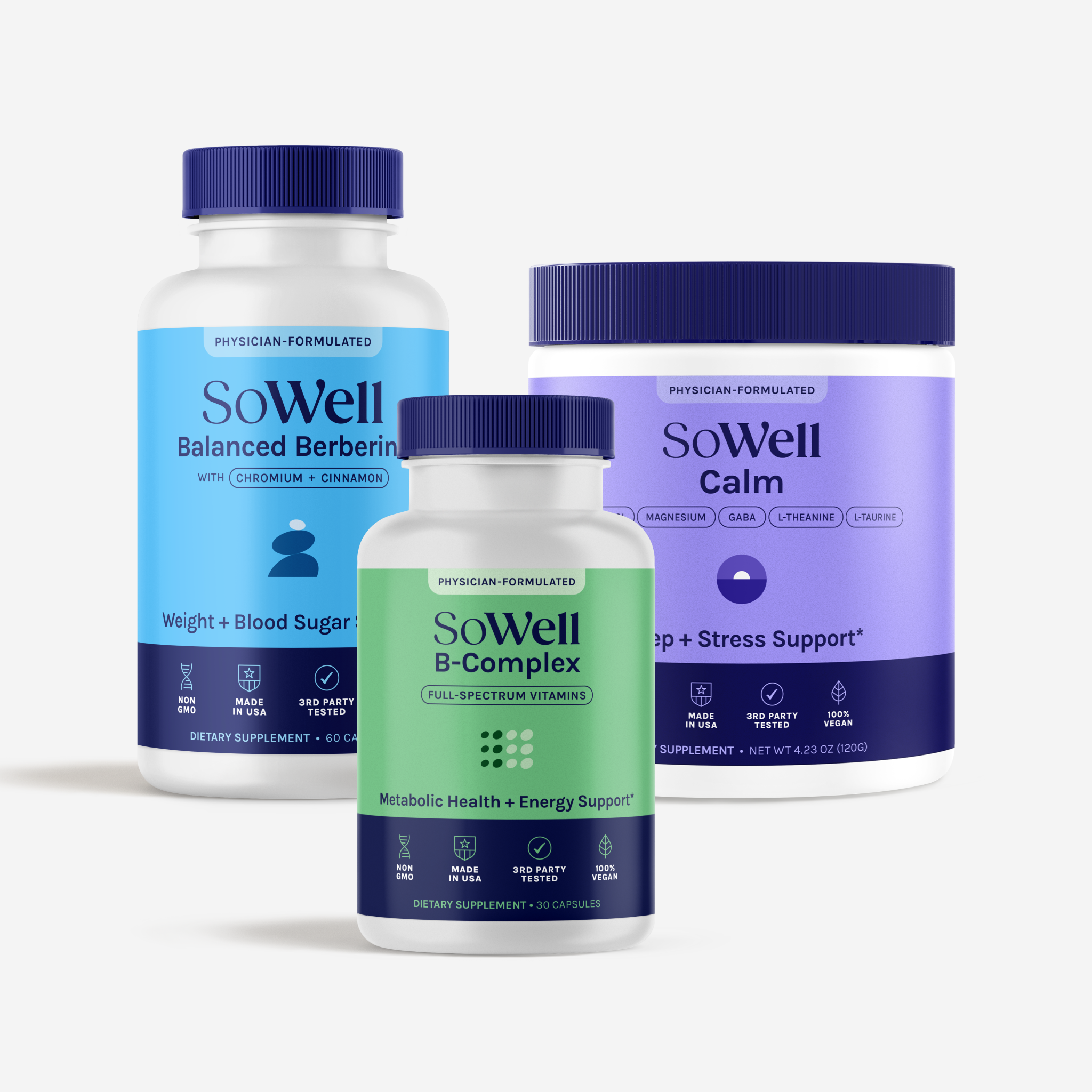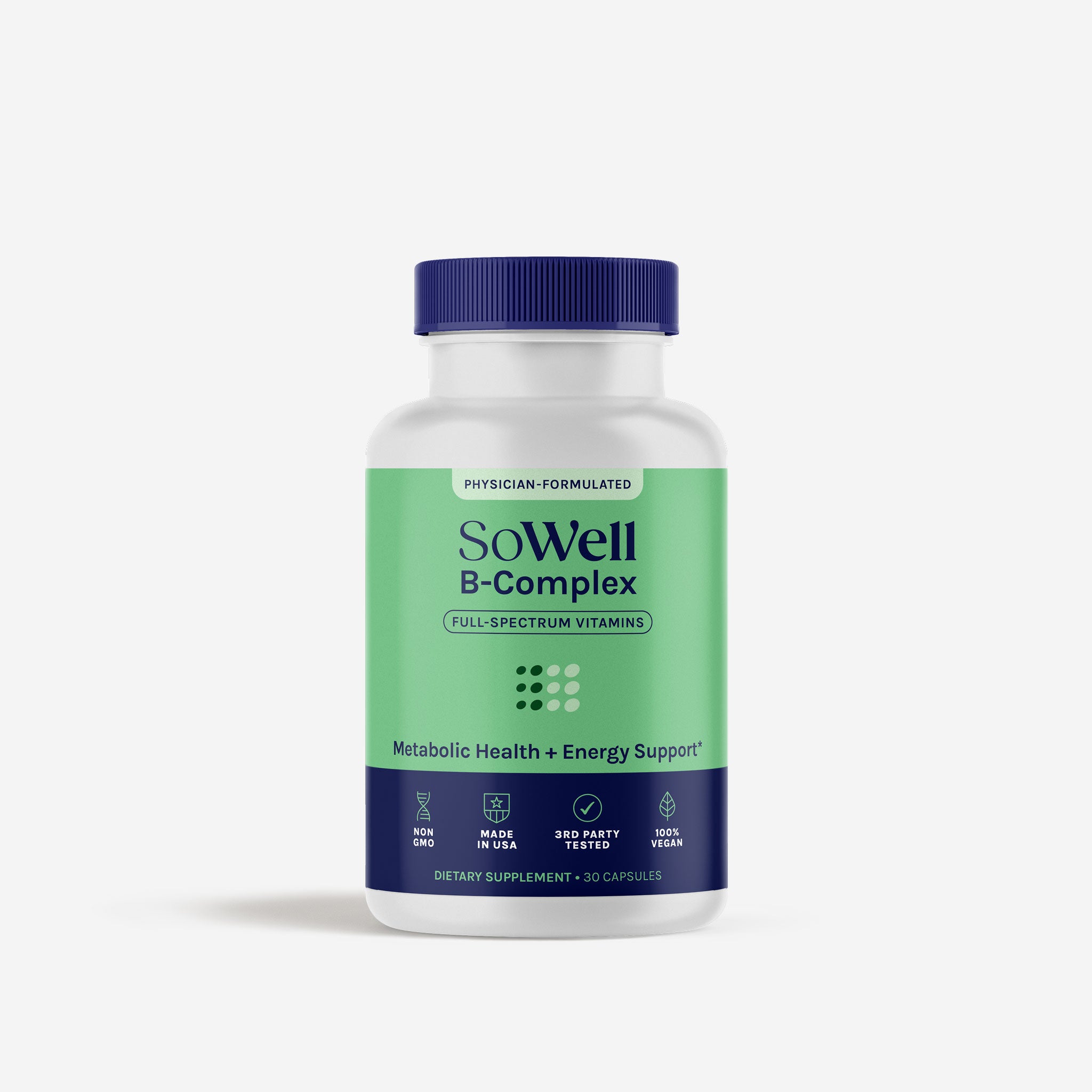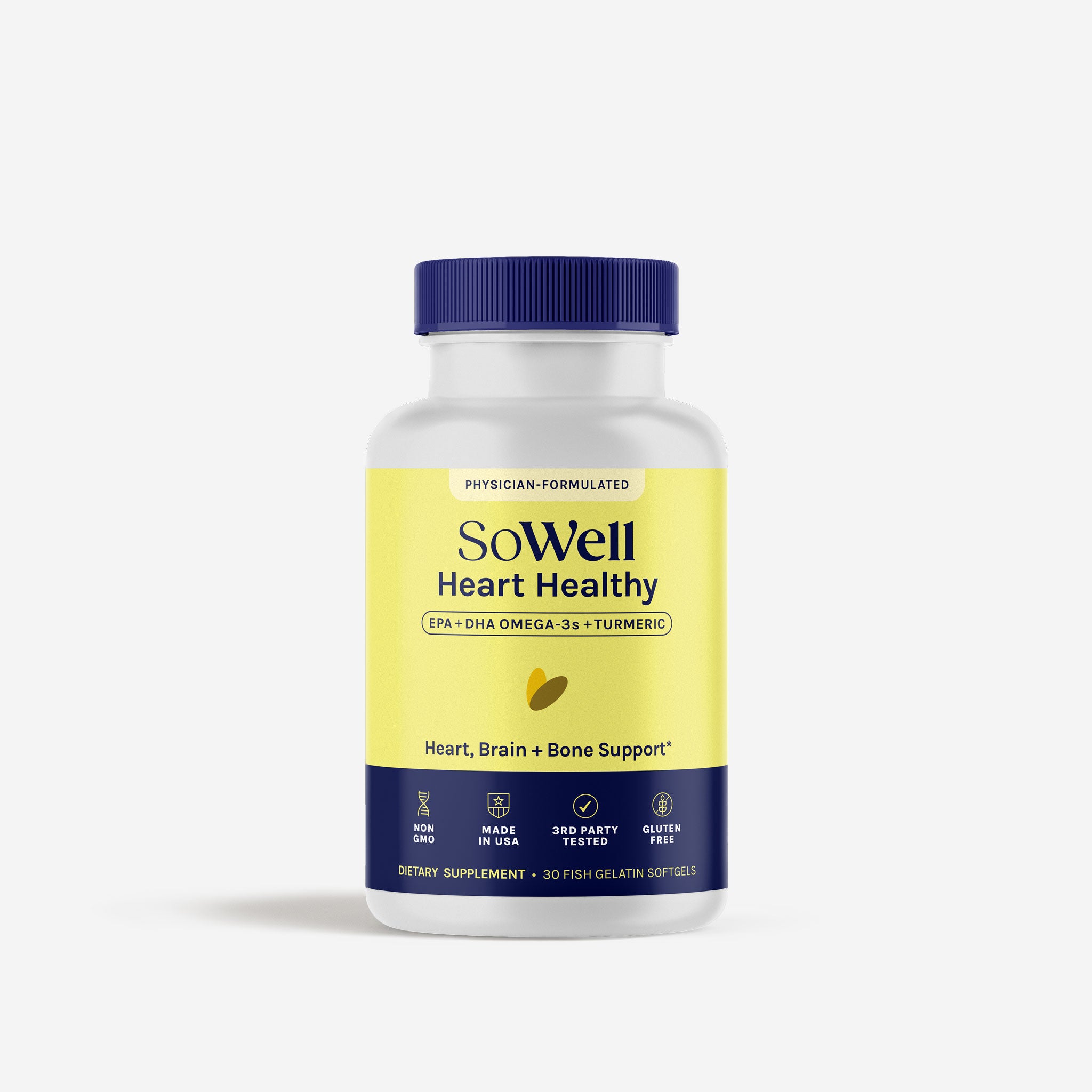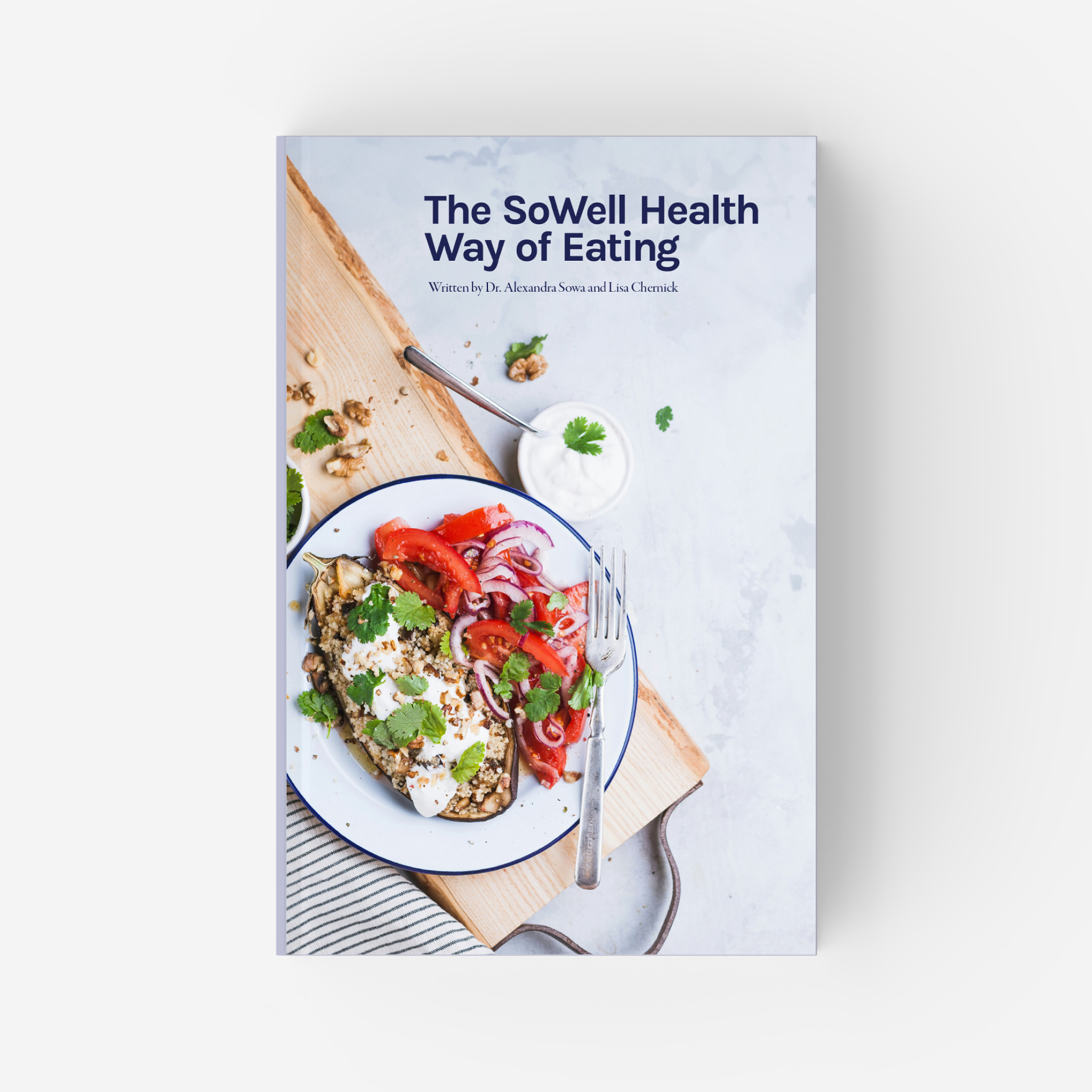
How simple changes in your routine can lead to significant improvements in daily stress management.
Stress is a pretty unavoidable part of everyone’s life, driven by factors ranging from work demands to personal challenges. Chronic stress not only dampens our mood but also has profound impacts on our physical health, contributing to issues like insomnia, weight gain, and cardiovascular disease.
Understanding the triggers and consequences of stress is the first step towards managing it effectively. Join us as we unpack the causes and impacts of stress, along with Dr. Sowa’s 5 foundational tips for reducing stress, including a few of our favorite supplements designed to support your wellness journey.
1. Mastering Mindfulness for Daily Stress Relief
Embrace mindfulness techniques like meditation and deep breathing to significantly lower stress levels, enhancing mental clarity and emotional resilience. Here is a great breathing exercise to try:
The 4-7-8 Breathing Technique
1. Exhale Completely: Begin by exhaling completely through your mouth, making a whoosh sound.
2. Inhale Quietly: Close your mouth and inhale quietly through your nose to a mental count of four.
3. Hold Your Breath: Hold your breath for a count of seven.
4. Exhale Audibly: Exhale completely through your mouth, making a whoosh sound to a count of eight.
5. Repeat: This is one cycle. Repeat the cycle three more times for a total of four breaths.
2. Stress-Reducing Foods and Nutrition
Incorporate a balanced diet rich in antioxidants and omega-3 fatty acids to combat the physical effects of stress and boost your mood. Certain foods can be your allies in stress management, so know your ingredients and start optimizing your eating habits to support a stress-reduced lifestyle.
Omega-3 Fatty Acids
Known for their role in improving heart health and reducing inflammation, but also excellent for managing stress and anxiety.
Salmon: Rich in EPA and DHA, two types of omega-3s that boost brain health and mood regulation.
Flaxseed: A vegetarian source of ALA, another type of omega-3 that the body partially converts to EPA and DHA.
Tip: If you struggle to get enough Omega-3s from your diet, consider a supplement rich in EPA and DHA to help ensure you meet your daily requirements.
Vitamin C
Reduces cortisol levels and improves mood, making it effective in managing stress.
Oranges: Known for their high vitamin C content, which supports adrenal function and helps reduce stress.
Red Peppers Contain even more vitamin C than citrus fruits, along with additional antioxidants.
Tip: Include a variety of fruits and vegetables rich in vitamin C in your daily diet to support your immune system and manage stress.
Magnesium-Rich Foods
Helps regulate the body's stress-response system. Insufficient levels can contribute to heightened stress and anxiety.
Spinach: A versatile leafy green high in magnesium.
Pumpkin Seeds: A snackable source that can easily be added to diets.
Tip: If you're not getting enough magnesium from your diet, consider a supplement containing magnesium glycinate to help support nerve function, muscle relaxation, and enhance your overall stress management and sleep quality.
High Protein Foods
Can help stabilize blood sugar levels and provide essential amino acids necessary for neurotransmitter production, both of which are vital for stress management.
Chicken Breast: A lean source of protein that can help keep you feeling full longer and stabilize mood.
Lentils: Rich in protein and fiber, lentils support balanced blood sugar levels and provide a steady source of energy.
Tip: Incorporate a serving of lean protein in your meals, or enjoy a hearty lentil salad for lunch to sustain your energy and mood throughout the day.
Probiotics & Prebiotics
Gut health is closely linked to mood and stress levels due to the gut-brain axis. Pro- and prebiotics help maintain a healthy gut flora, which can positively impact stress management.
Yogurt: A probiotic-rich food that supports gut health and stress reduction.
Garlic & Bananas: Excellent sources of prebiotics, which feed beneficial gut bacteria.
Tip: If you find it challenging to consume sufficient probiotic-rich foods, a daily probiotic supplement can help support your digestive health and enhance mood stability.
3. Exercise for Stress Management and Mental Health
Make movement a regular, manageable part of your daily routine to alleviate stress, enhance mood, and increase your energy levels. Embrace a variety of exercises that cater to reducing stress and boosting endorphins, tailored to fit your lifestyle and preferences.

Structured Morning Yoga
Follow a 15-minute morning yoga routine consisting of the following sequence: 3 minutes of deep breathing, 5 minutes of sun salutations, 2 minutes each of child’s pose, cat-cow stretch, and downward-facing dog. Conclude with 3 minutes of seated meditation.

Tempo-Based Brisk Walk
Plan a 30-minute walk where you alternate your walking pace with the tempo of your music playlist. Start with slower songs for a 5-minute warm-up, switch to faster tracks for 20 minutes of brisk walking, and then cool down with slower music for the last 5 minutes.

Timed HIIT Workout
Execute a 20-minute HIIT session using a timer app to manage intervals. Include 30 seconds of high-energy exercises like burpees, sprinting, or jumping jacks followed by 30 seconds of rest. Repeat for the full session duration.

Meditative Swimming
Swim for 30 minutes, focusing on synchronizing your breath with your strokes. Choose a stroke that allows you to maintain a steady, relaxing rhythm, such as breaststroke or backstroke. Pay attention to the sensation of water around you and use it to enhance the meditative quality of the exercise.

Dance Break Routine
Create a 20-minute dance playlist and set aside time to dance freely in your living room or another private space. Use energetic songs that you enjoy and let yourself move freely without worrying about choreography. Optionally, you can follow a dance workout video for a more structured session.
4. Improve Sleep Quality for Better Stress Management
Quality sleep as a cornerstone of effective stress management. Ensure you consistently get 7-9 hours of quality sleep each night to restore your body and reduce stress hormones naturally.

Establish a Consistent Sleep Schedule
Regularity in sleep patterns helps to stabilize your body's internal clock and improve overall sleep quality. Set a fixed bedtime and wake-up time that you stick to. Aim for 7-9 hours of sleep per night. Consistency reinforces your natural sleep-wake cycle, leading to easier sleep onset and more restful nights.

Create a Pre-Sleep Relaxation Ritual
Develop a 30-minute bedtime routine that may include reading a light book, practicing gentle yoga stretches like legs up the wall, or writing in a gratitude journal. Avoid electronic screens during this time to minimize blue light exposure. Engaging in relaxing activities before bed decreases stress and signals to your body that it's time to wind down.

Optimize Your Sleep Environment
Keep your bedroom cool (around 65°F or 18°C), quiet, and dark. Invest in blackout curtains, a high-quality mattress, and comfortable bedding. Consider using a white noise machine or earplugs to block out disruptive sounds. A conducive sleep environment reduces sleep disturbances and lengthens deep sleep phases.

Limit Caffeine and Heavy Meals Before Bed
Avoid caffeine and nicotine at least 6 hours before bedtime, as they can keep you awake. Also, try not to eat large, heavy meals within two hours of going to bed. If you’re hungry at night, opt for a light, healthy snack like yogurt or a banana. Reducing stimulants and heavy foods before sleep helps prevent sleep disruptions and indigestion.

Use Relaxation Techniques to Fall Asleep Faster
Practice deep breathing exercises, progressive muscle relaxation, or visualization techniques while lying in bed. These methods decrease stress and anxiety levels, making it easier to fall asleep and improve the quality of sleep.
5. Supplement Wisely for Stress Relief and Anxiety
Effective stress management often requires a holistic approach, incorporating lifestyle changes, mindfulness practices, and sometimes, supplementation. Certain nutrients have been scientifically shown to help reduce stress levels by balancing mood, enhancing sleep quality, and supporting overall mental health. Here are some key nutrients that are commonly recommended for stress relief:
Magnesium
Known as the 'relaxation mineral', magnesium plays a pivotal role in stress response. It helps calm the nervous system and is essential for neurotransmission and muscle relaxation.
B Vitamins
These are crucial for proper nervous system function and can help improve mood. B vitamins, particularly B12, B6, and folate, are vital for producing and regulating neurotransmitters like serotonin and dopamine.
Omega-3s
Omega-3s are powerful anti-inflammatory agents that can help counteract the negative effects of stress hormones. They are also critical for brain health, aiding in mood regulation.
Herbal Supplements
Certain herbs like Ashwagandha, Rhodiola, and Lavender are known for their adaptogenic properties, helping the body resist and recover from stress.
Probiotics
There is a significant link between gut health and mental health due to the gut-brain axis. Probiotics can influence brain health positively by enhancing gut flora, which in turn may help alleviate stress and anxiety.
Products to keep your stress in check:
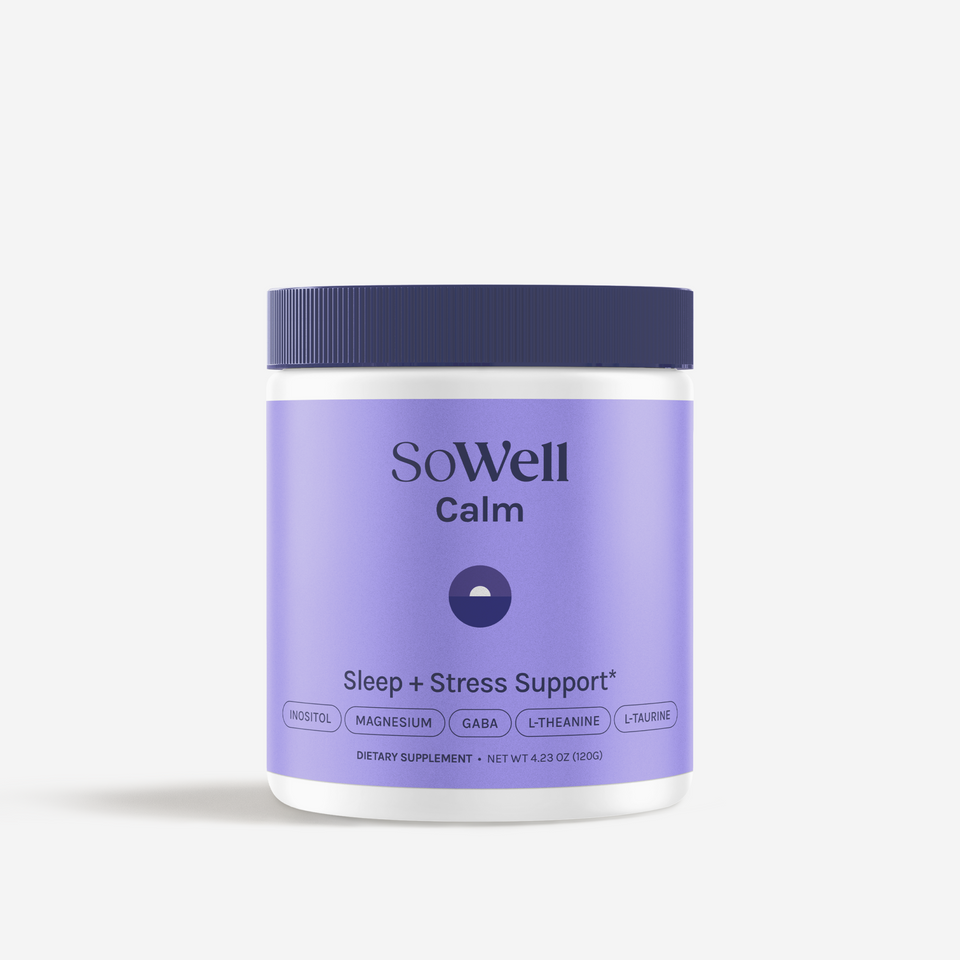
Calm
Relax, Recharge, Repeat
SoWell Calm is crafted with a blend of Magnesium, GABA, and L-Theanine, ingredients chosen for their effectiveness in fostering relaxation and reducing anxiety. This formula helps quiet your mind and soothes your body, making relaxation more accessible.
Shop Now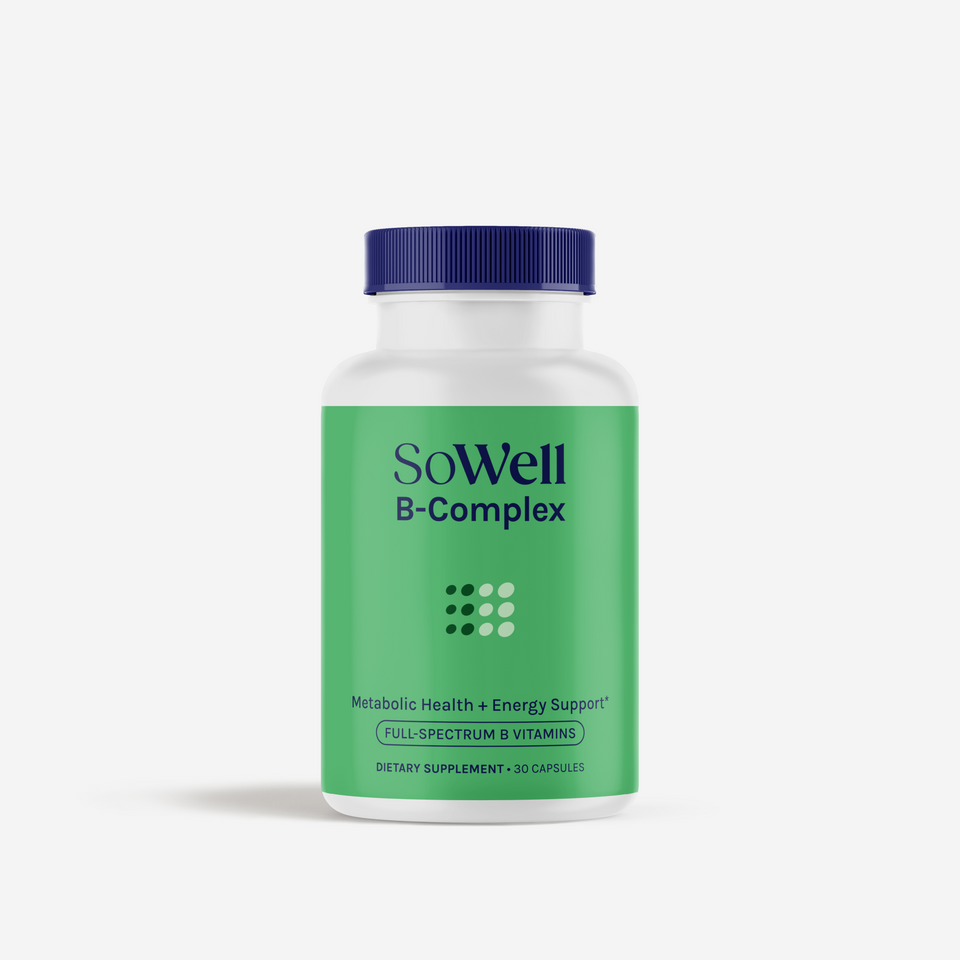
B-Complex
B Your Best Under Stress
A robust formula providing 100% of your daily B vitamins. Each capsule is packed with essential nutrients like thiamine, riboflavin, niacin, and biotin that boost energy levels, improve mood, and maintain healthy skin and hair, making it your ultimate ally against stress.
Shop Now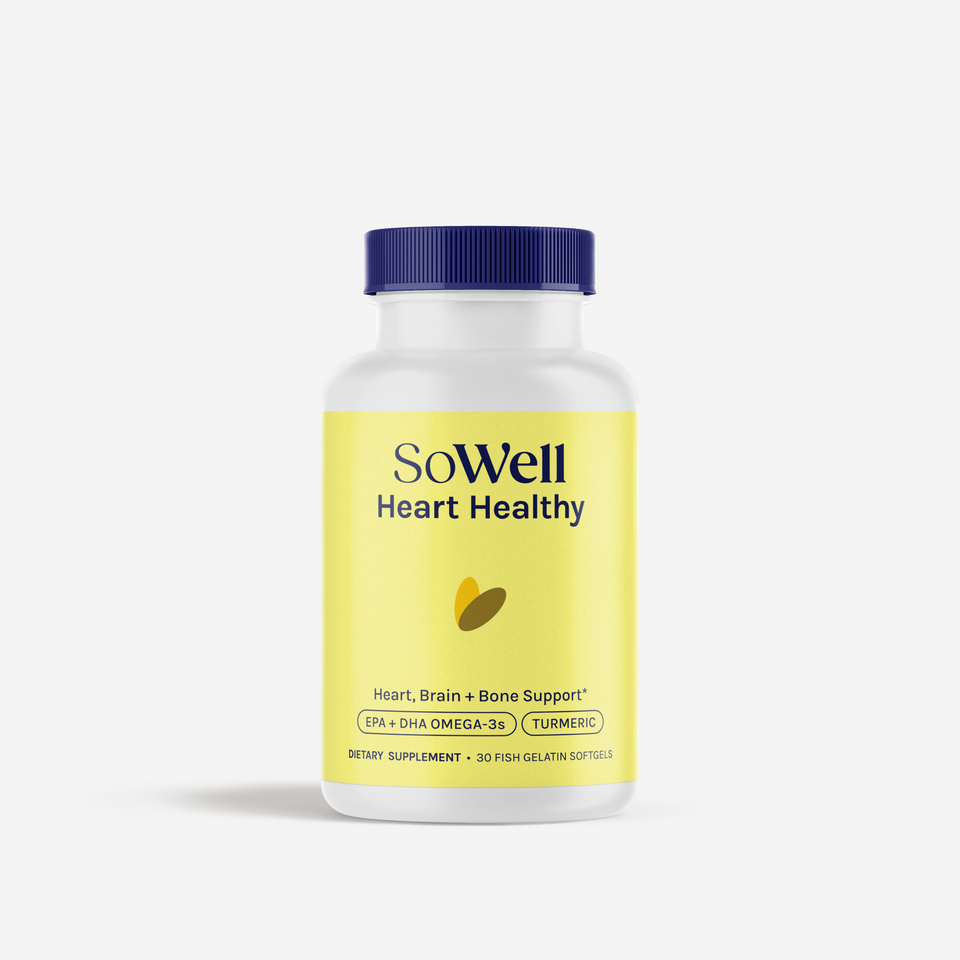
Heart Healthy
Heart to Heart Stress Relief
Harness the natural power of EPA and DHA Omega-3 fatty acids to help reduce inflammation and stabilize mood. These essential nutrients are key to managing stress and supporting overall cardiovascular health, making each dose beneficial for your heart and mind.
Shop Now